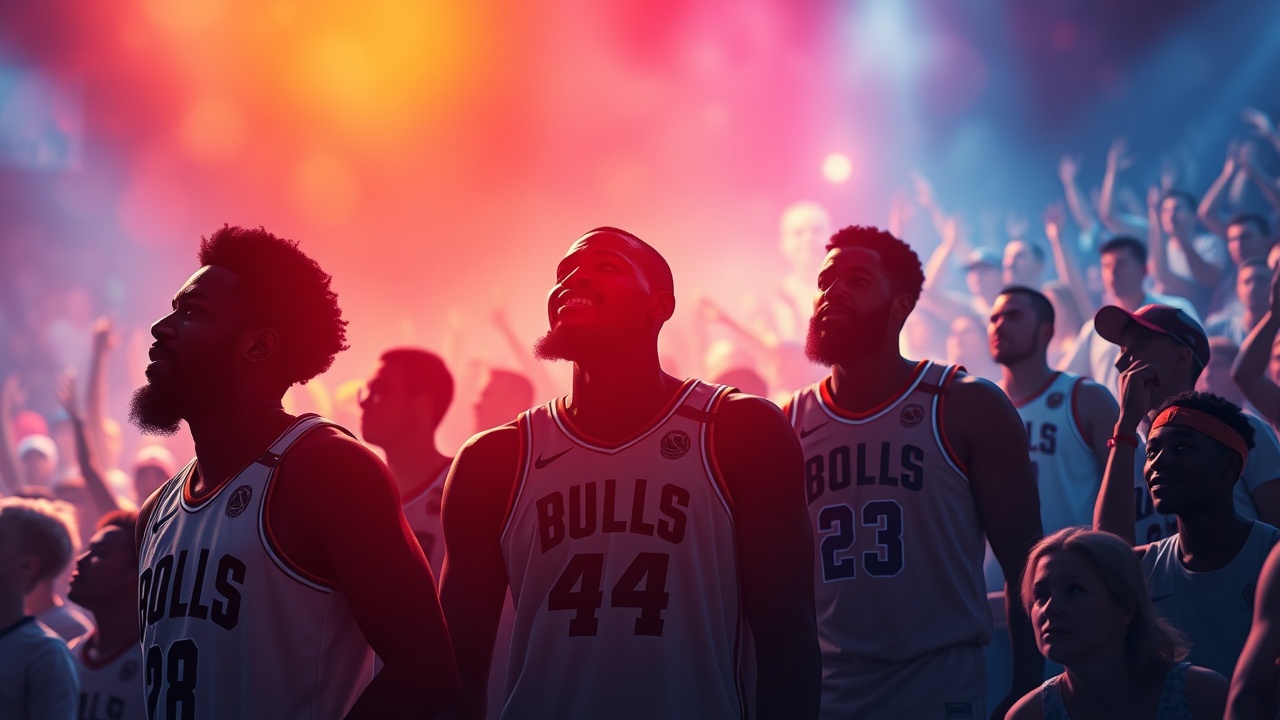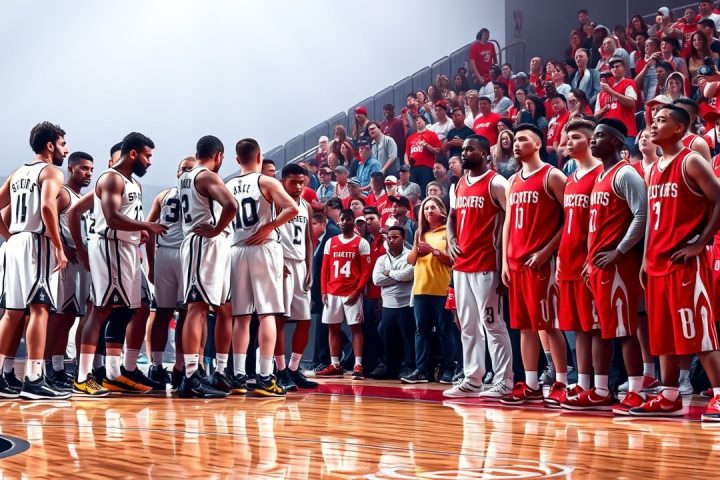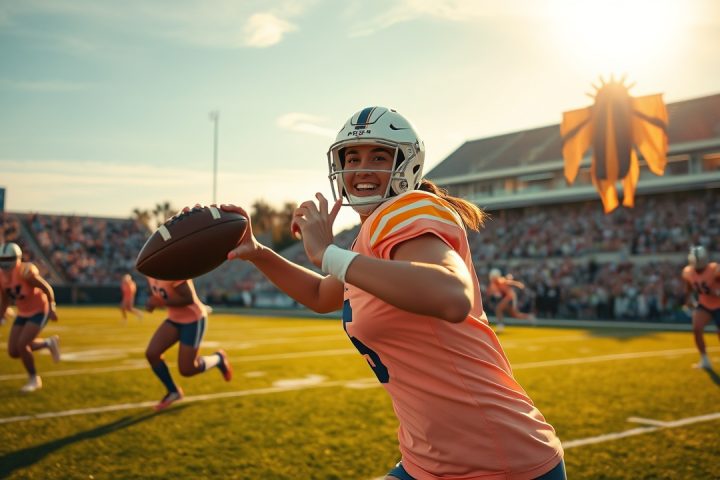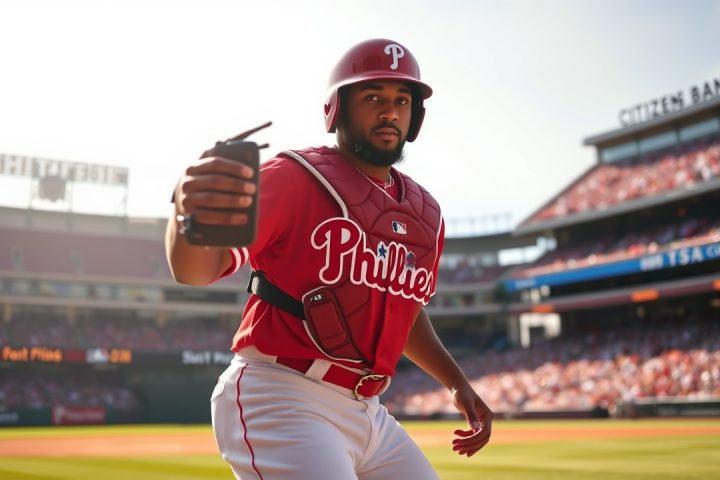2025 NBA Offseason: Analyzing Questionable Contracts
As the 2025 NBA offseason unfolds, a critical observation emerges: while no player contracts in the league can be deemed bad in terms of player earnings, there are certainly contracts that raise eyebrows due to poor allocation of resources from a team-building standpoint. This offseason, the landscape has shifted, with many teams exhibiting caution in spending, largely due to limited salary cap space. Among the 30 franchises, only the Brooklyn Nets entered the summer with significant financial flexibility, yet they opted not to make a splash in free agency.
With the majority of teams relying only on their mid-level exception to entice free agents, we find ourselves evaluating the seven most perplexing contracts signed during this offseason. Here’s a breakdown of the questionable deals made thus far, where some franchises might regret their decisions.
Analysis of Disputed Contracts from the 2025 Offseason
- Myles Turner – Milwaukee Bucks
Contract Value: $108.9 million over 4 years ($27.2 million AAV)
Cap Percentage: 16.37%In theory, for a starting center like Turner, this deal isn’t disastrous. Known for crucial contributions to the Indiana Pacers, he averaged 15.6 points and 6.5 rebounds last season. However, the Bucks faced significant consequences by letting go of Damian Lillard’s hefty deal to fit Turner into their budget, forcing them to shell out an astonishing $22.5 million annually to Lillard, who will not be playing for them. This means Turner’s salary will effectively weigh more than 30% of their salary cap, which could hinder their championship ambitions.
- Duncan Robinson – Detroit Pistons
Contract Value: $48 million over 3 years ($16 million AAV)
Cap Percentage: 10.89%The Pistons’ decision to secure Robinson, who struggled to find interest from other teams, is puzzling. Despite being an elite shooter, his defensive shortcomings make him a liability, raising questions about the wisdom of this choice given the absence of competition to drive up his market.
- Dennis Schröder – Sacramento Kings
Contract Value: $44.4 million over 3 years ($14.8 million AAV)
Cap Percentage: 9.12%Schröder, who has bounced around the league, will now suit up for his ninth team in just five seasons. Despite the Kings needing a point guard, the team’s commitment to him raises eyebrows, especially in light of cheaper alternatives that could have better suited their roster.
- Clint Capela – Houston Rockets
Contract Value: $21.1 million over 3 years ($7 million AAV)
Cap Percentage: 4.33%Given Capela’s history and contributions on the court, this deal might not appear egregious at first. However, considering the Rockets already invested heavily in two other centers, it raises questions regarding the necessity of this expenditure, particularly for a role that may not see substantial playing time.
- Luke Kornet – San Antonio Spurs
Contract Value: $40.7 million over 4 years ($10.2 million AAV)
Cap Percentage: 7.11%Kornet’s steady development into a role player on a competitive team is commendable, yet paying him significantly more than his career earnings reflects a gamble on his potential growth rather than a reward for past performance.
- Jake LaRavia – Los Angeles Lakers
Contract Value: $12 million over 2 years ($6 million AAV)
Cap Percentage: 3.88%Acquired during a three-team trade deal, the Lakers’ decision to prioritize LaRavia remains questionable, especially since their roster needs bolstering on the defensive end. While the contract isn’t crippling, the lack of competition suggests a more strategic choice could have been made.
- D’Angelo Russell – Dallas Mavericks
Contract Value: $11.7 million over 2 years ($5.8 million AAV)
Cap Percentage: 3.68%Russell’s track record as a high-usage player without consistent efficiency raises concern. The Mavericks’ decision to position him as their starting point guard in Kyrie Irving’s absence could limit their chances for immediate success, especially as they look to develop younger players in a competitive environment.
Overall, while every player deserves compensation for their contributions to the game, these particular contracts from the 2025 NBA offseason warrant a closer examination, hinting at possible pitfalls as teams strategize for future success.




